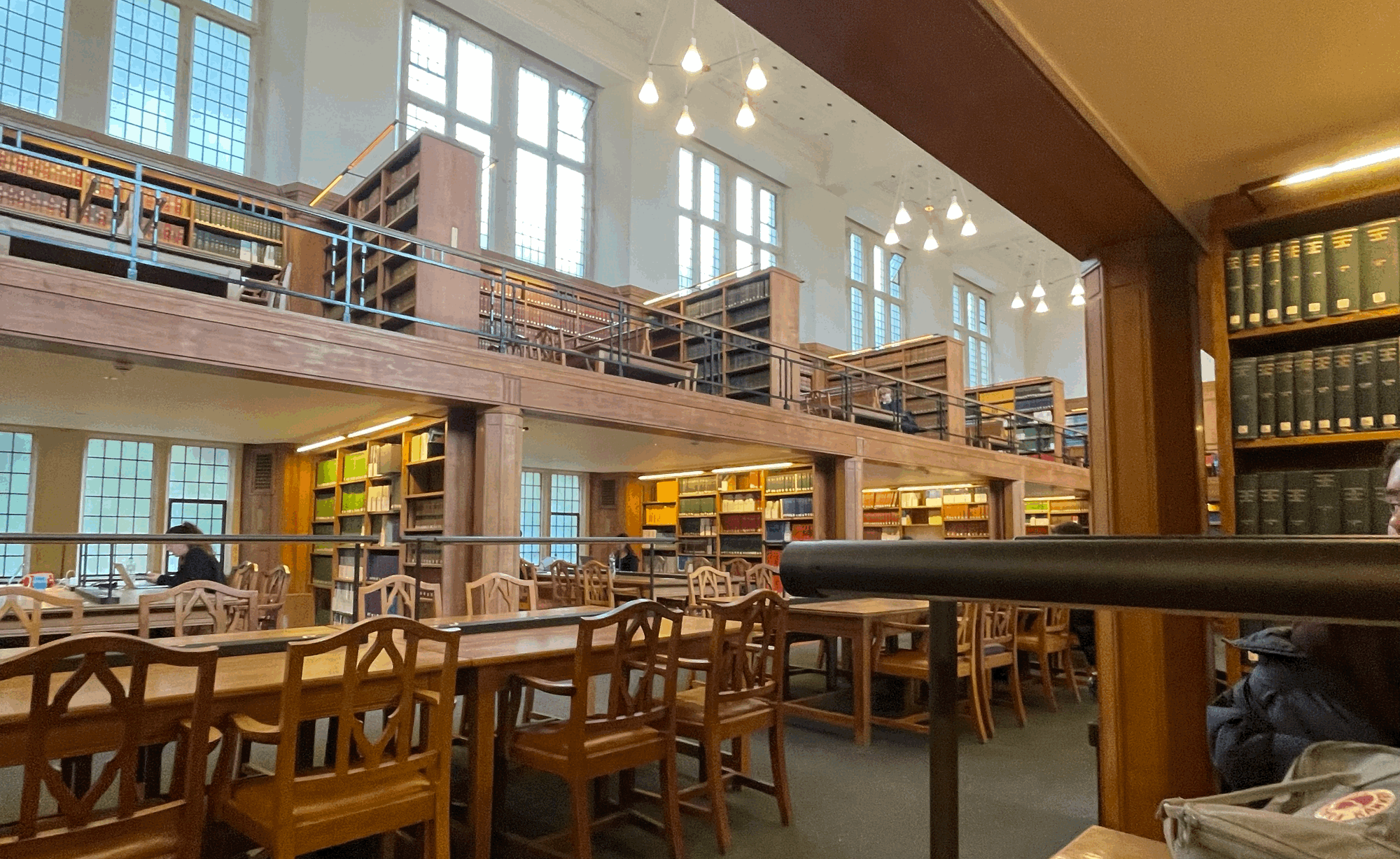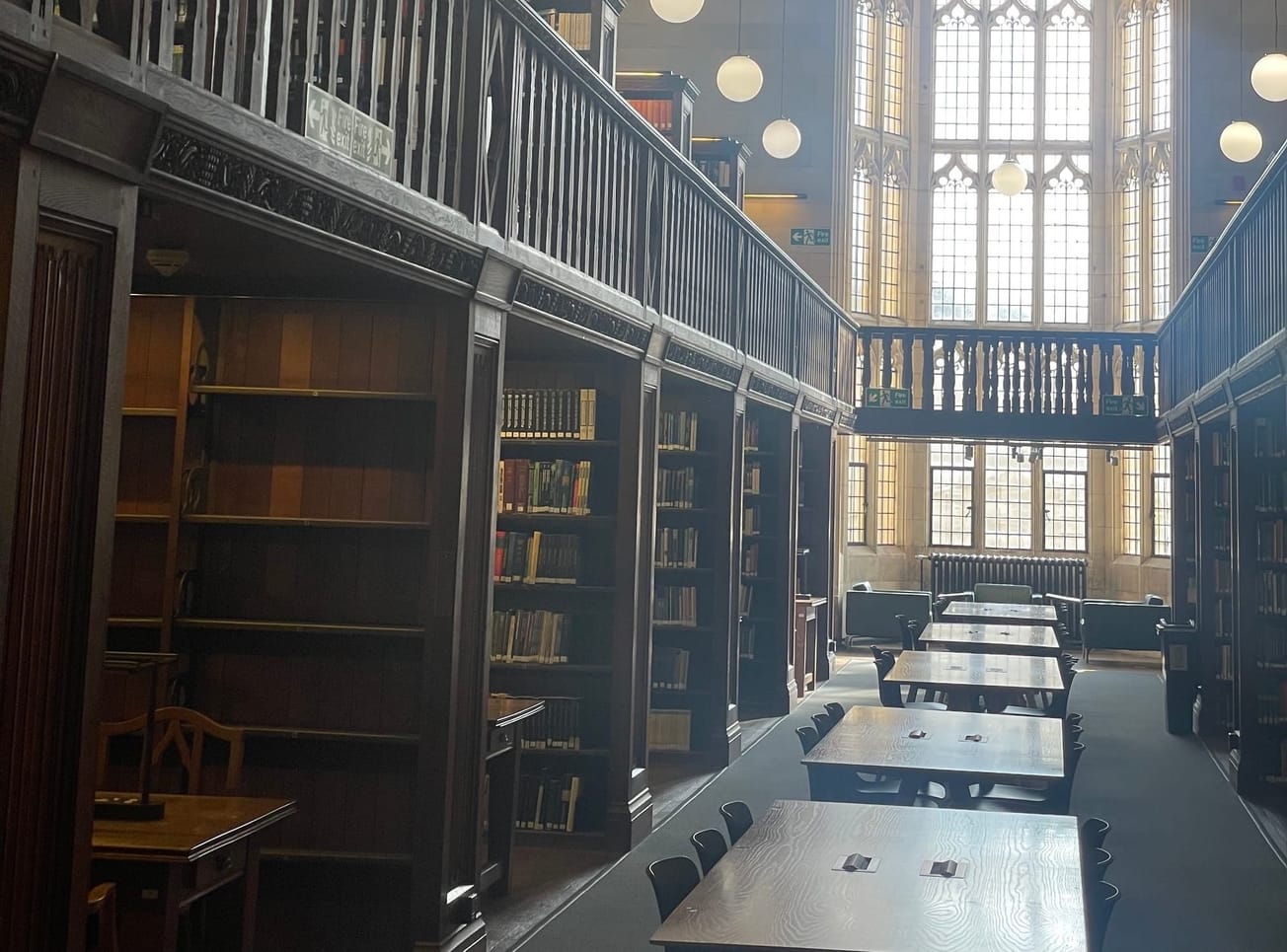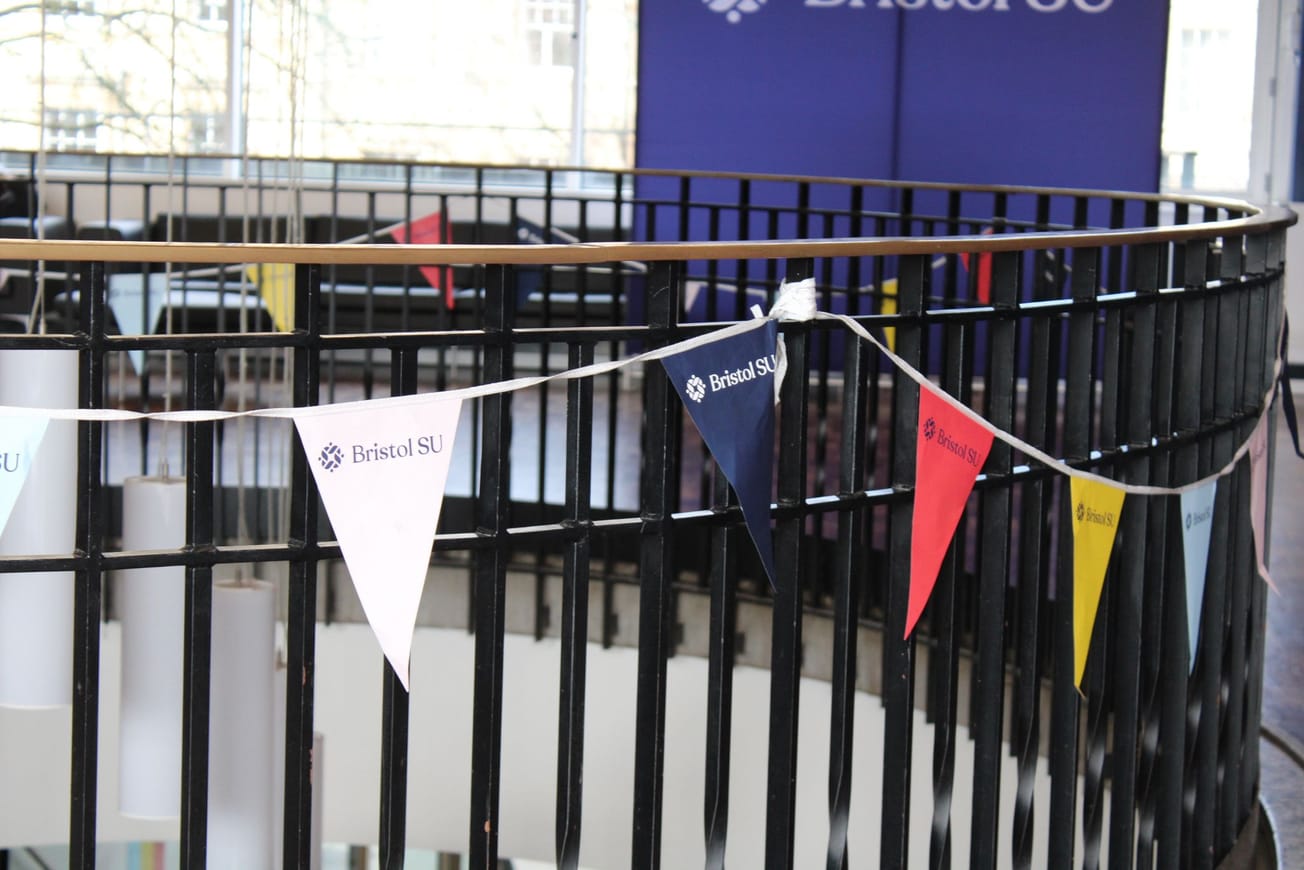By Emma Yeo, Second Year, English
The 9th of September marks the start of Freshers’ week here at the University of Bristol. On social media, Freshers' Week can seem to revolve around non-stop partying and constant socialising. However, it is easy to forget that it is also an ideal time to focus on productivity and academic preparation in the week leading up to the start of term. However, with 60 per cent of students struggling to keep up with the workload, it is becoming even more important to use Freshers’ Week not only as an opportunity to engage with others but also to get back into the studying mindset.
Whether you’re starting your first year, or heading into your final year, getting a head-start is never a bad idea. From finishing your reading early to familiarising yourself with new concepts, getting ahead can help mitigate any personal worries and give you a better idea of what to expect. However, after a long summer break, the thought of returning to academics can be, as one anonymous student remarked, ‘Overwhelming as it's hard to get back into the mindset and prioritise what needs to get done’. So, to curb the Week One dread, here are some tips on how to use your Freshers’ Week productively.
If it is your first year at the University of Bristol, it can be useful to familiarise yourself with the different facilities available around campus – particularly the study spaces and libraries. With 14 different study venues around the city, the university has provided a helpful guide to show the location, opening hours, and resources available at each site. It is also worthwhile exploring the specific equipment and facilities at each location, from silent study rooms and group study spaces to printers and adjustable desks. Alternatively, if the university study spaces aren’t for you, check out the casual study spots that are available for a more relaxed work environment – this is also a great way to become better acquainted with the city!
With impending weekly reading lists, Freshers’ Week can be a great time to start working through your assigned texts. Most faculties send out reading lists a few weeks before the term begins, so if you find yourself with some free time during Freshers' Week, why not start reading a few pages to ease back into the world of academia? Reading lists can be long and arduous, but there are certain skills and strategies that can make them more manageable. For example, you could make notes as you read, learn to skim a text, or even explore whether chapter summaries help with retaining key points.
Alongside this, it is a wise idea to establish a clear plan as to how you will take and store your notes over the year. The options are vast, with many students opting for programmes such as Notion, Microsoft Word or OneNote (as well as those sticking with the classic pen and paper). Ultimately, the choice is personal and depends on what features are important to you. As such, it can be useful to explore and experiment with a few different options before choosing one, and Freshers' Week is the perfect time to do this at your own pace. If you are struggling to make a decision, need advice, or simply want more information, the university has set up a site dedicated to exploring different ways to take notes, ensuring they are as useful as possible.
Freshers’ Week is also an excellent opportunity to get to know the online resources available to students. The University of Bristol provides several different sites that quickly become essential to studying, so ensuring you know how to navigate these can help reduce the risk of any blunders later in the year. Learning how to use the library site, making the most of the study skills resources and utilising the advice from other students on the study skills blog will help to build a strong foundation of resources which will aid you in your studies.
Finally, Freshers’ Week can also provide time to explore and learn about different study techniques and schedules. For most people, it is easy to know whether you study better in the morning or at night, and you may already know how to revise effectively from your GCSEs and A-Levels. However, this does not necessarily mean that you should stop experimenting with different study methods. There is a large variety of study techniques that can be explored easily during Freshers’ Week. This site explores 10 different study techniques and methods, including the Feynman technique and the Leitner system. This can also be paired with the resource from the University of Bristol's study skills page, which provides further ideas and inspiration for how you can find the best techniques and routines that suit you.
‘I think they need to listen more’ : Are UoB’s mental health services fit for purpose?
The current landscape of graduate job-hunting
It is easy to find yourself overwhelmed and confused about where to start with trying to get back into the swing of academic life. Taking small, manageable steps – like reviewing your reading list or exploring new study methods – can help you gradually ease back into your routine and provide a productive way to fill those quieter moments during Freshers’ Week.
Featured Image: Epigram / Jess Cohen
How are you planning on balancing academia and fun this Freshers’ Week?









